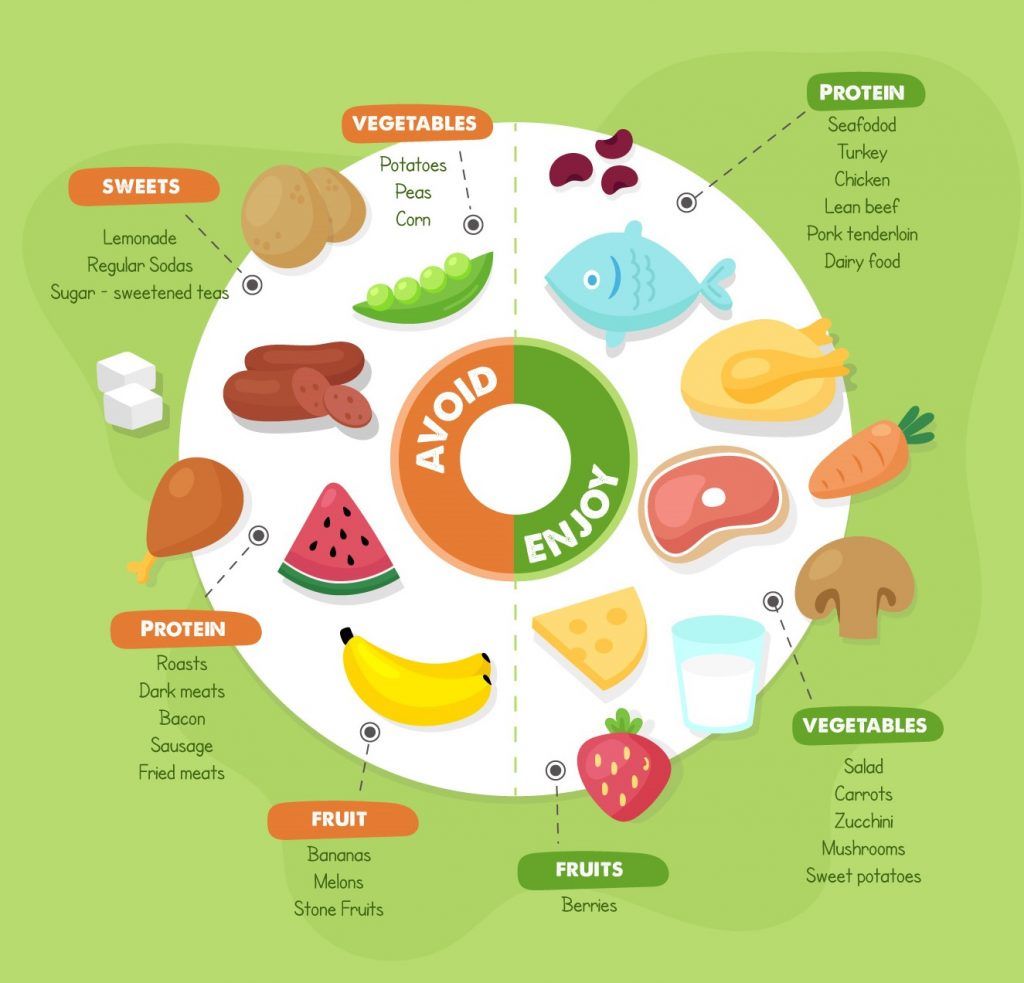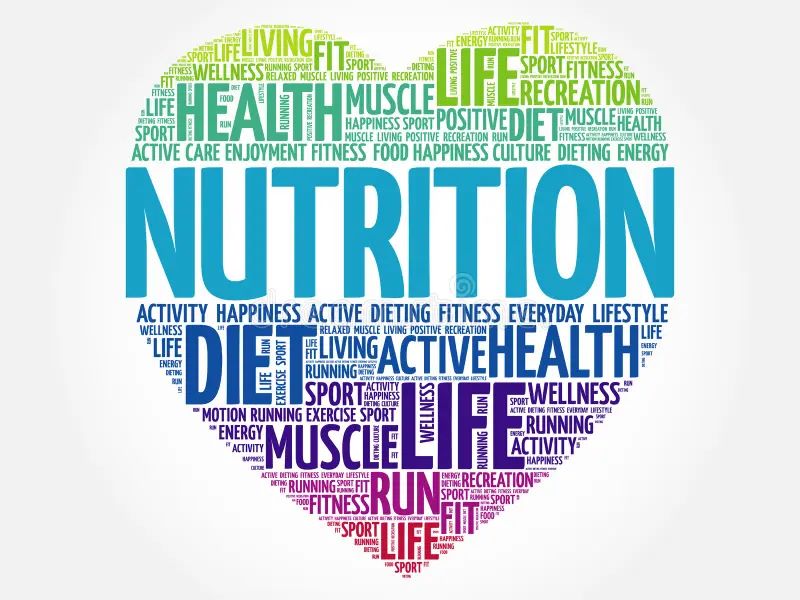
In today's fast-paced world, maintaining a healthy lifestyle can be quite challenging. With a plethora of food options available, it is easy to fall into the trap of convenient and unhealthy choices. However, by understanding the importance of nutrition and making conscious decisions about what we eat, we can take control of our health and well-being.
Understanding Nutrition:
a) Macronutrients: Carbohydrates, proteins, and fats are the primary macronutrients required for the body's proper functioning. Each macronutrient has different roles, sources, and recommended intake amounts.
b) Micronutrients: Vitamins, minerals, and antioxidants are the micronutrients responsible for various bodily processes, including metabolism, bone health, and immunity. Consumption of a wide variety of fruits, vegetables, whole grains, and nuts can ensure sufficient micronutrient intake.
Health Implications of Poor Nutrition:
a) Malnutrition: Both undernutrition and overnutrition can lead to severe health complications. Undernutrition can manifest as stunted growth, weakened immune system, and impaired cognitive development. Overnutrition, often resulting from excessive intake of unhealthy foods, can lead to obesity, heart disease, diabetes, and other chronic conditions.
b) Mental Health: Several studies have established a strong connection between diet and mental health. Poor nutrition, particularly a diet high in processed foods and sugar, has been linked to an increased risk of depression, anxiety, and mood disorders.
Establishing Healthy Eating Habits:
a) Balanced Diet: The key to optimal health is adopting a balanced diet that includes whole, unprocessed foods. This should comprise a variety of fruits, vegetables, lean proteins, whole grains, and healthy fats, while limiting the consumption of sugar, sodium, and saturated fats.

b) Portion Control: Monitoring portion sizes is crucial in maintaining a healthy weight and preventing overeating. It is essential to listen to the body's signals of hunger and satiety.
c) Meal Planning: Creating a weekly meal plan and preparing meals in advance can encourage healthier choices and reduce reliance on unhealthy convenience foods.
d) Hydration: Staying adequately hydrated is often overlooked but is vital for digestion, energy levels, and overall health. Water should be the primary source of hydration, with sugary drinks and excessive caffeine consumption minimized.
The Role of Physical Activity:
a) Combining a balanced diet with regular physical activity is essential for maintaining a healthy weight and reducing the risk of chronic diseases.
b) Exercise helps to improve cardiovascular health, strengthen bones and muscles, enhance mental well-being, and boost overall energy levels.
Overcoming Common Nutrition Challenges:
a) Food Accessibility and Affordability: Many individuals struggle to access nutritious foods due to socioeconomic factors. Community-based initiatives, such as urban gardens and food co-ops, can help improve food accessibility.

b) Cultural Influences: Cultural practices and traditions often shape our eating habits. It is important to strike a balance between preserving cultural heritage and incorporating healthier food choices.
c) Psychological Factors: Emotional eating, stress, and disordered eating patterns can interfere with healthy nutrition. Seeking support from professionals or support groups can aid in addressing these challenges.
Conclusion:
Prioritizing health and nutrition is crucial for leading a productive and fulfilling life. By understanding the importance of proper nutrition, individuals can make informed choices that contribute to their overall well-being. Through adopting balanced eating habits, engaging in regular physical activity, and overcoming common nutrition challenges, we pave the way to a healthier future, achieving optimal mental, physical, and emotional health.